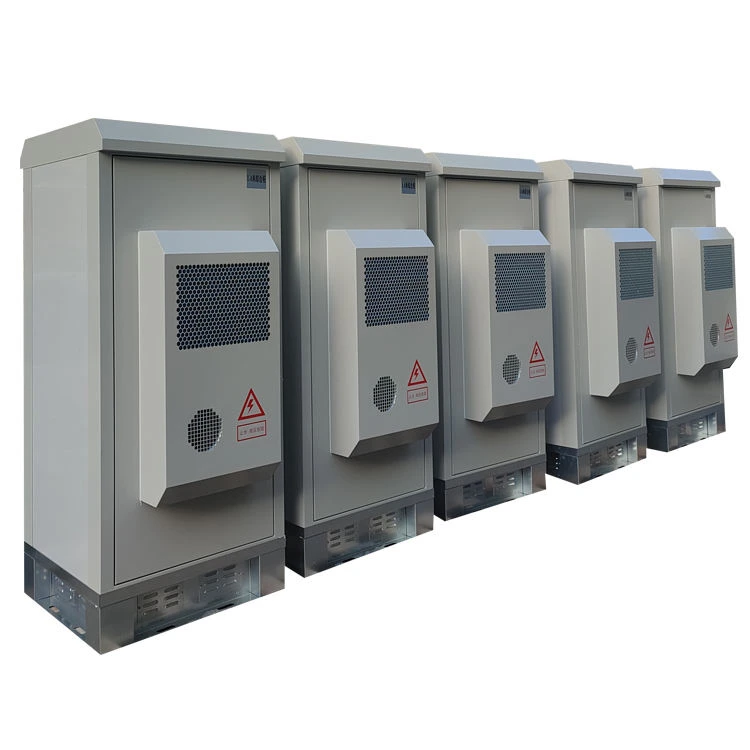
ธ.ค. . 15, 2024 03:47 Back to list
Companies Leading the Way in Innovative Distributed Energy Storage Solutions
The Rise of Distributed Energy Storage Solutions
In recent years, the global energy landscape has undergone significant transformation due to the increasing demand for renewable energy sources and the need for grid stability. Distributed Energy Storage Solutions (DESS) have emerged as a pivotal technology in this revolution, enabling consumers, businesses, and utility companies to optimize energy use, enhance resilience, and support the integration of renewable energy. As the world aims to reduce its carbon footprint, DESS offers a flexible and essential approach to energy management.
Understanding Distributed Energy Storage
Distributed Energy Storage refers to small-scale storage technologies placed close to the point of energy use. These systems can store excess energy generated from renewable sources, such as solar panels and wind turbines, for later use. Unlike traditional centralized storage options, which are typically large-scale and situated far from consumers, DESS facilitates localized energy management, providing benefits at the community and individual levels.
The essence of distributed energy storage lies in its ability to store energy during periods of low consumption or high generation and release it when demand surges. This capability helps to flatten the demand curve, reducing the strain on the grid and enabling a more balanced energy supply. Various technologies underpin DESS, including lithium-ion batteries, flow batteries, and even emerging technologies like solid-state batteries.
Key Players in the Market
A plethora of companies are pioneering the development and deployment of distributed energy storage solutions. Leading players include Tesla, which has made significant strides with its Powerwall and Powerpack products, enabling residential and commercial users to harness solar power effectively. Another notable company is LG Chem, renowned for its high-performance lithium-ion battery systems that cater to both residential and industrial applications.
Furthermore, companies like Sonnen, with their innovative smart battery systems, focus on energy independence and community engagement, encouraging users to share excess energy generated and stored with neighbors. Similarly, Enphase Energy specializes in microinverters and energy management systems that support decentralized solar energy generation and storage.
Innovative startups are also entering the market
. Companies like Greensmith Energy, acquired by Wärtsilä, are developing advanced software solutions to optimize energy storage systems, demonstrating that software and analytics play an essential role in enhancing the functionality of DESS.distributed energy storage solutions companies

The Role of Distributed Energy Storage in Renewable Integration
The transition to renewable energy sources poses significant challenges for grid operators, particularly concerning the intermittent nature of solar and wind energy. DESS provides a viable solution to these challenges by storing energy generated during peak production times and releasing it during periods of high demand, thereby ensuring a stable energy supply.
Moreover, distributed energy storage systems can enhance grid resilience, particularly in areas prone to natural disasters or extreme weather events. By decentralizing energy production and storage, communities can maintain power during outages, reducing dependence on centralized generation and improving overall energy security.
Benefits of Distributed Energy Storage Solutions
The benefits of DESS extend beyond grid stabilization and renewable energy integration. For consumers, DESS presents an opportunity for energy savings by enabling time-of-use tariff strategies. Users can store electricity during off-peak hours when rates are lower and consume it during peak periods when rates are higher, resulting in considerable cost savings.
In addition, businesses employing DESS can reduce their operational costs and enhance their sustainability profile, aligning with global corporate responsibility goals. By investing in energy storage, companies can illustrate their commitment to sustainable practices and potentially attract environmentally conscious consumers.
Conclusion
As we move towards a decarbonized future, the role of distributed energy storage solutions becomes ever more critical. By supporting renewable energy integration, enhancing grid resilience, and providing economic benefits to consumers and businesses alike, DESS stands at the forefront of the energy transition. With ongoing technological advancements and supportive regulatory frameworks, distributed energy storage is poised to revolutionize how we generate, consume, and manage energy in the coming decades. As more companies innovate in this space, we can expect a more sustainable and efficient energy ecosystem that meets the needs of both our planet and its inhabitants.
-
Reliable ESS Energy Storage Solutions | Efficient Power Backup
NewsJul.21,2025
-
Self-Cooling-PW-164: Advanced Automatic Cooling Motor Technology
NewsJul.20,2025
-
Energy Management System Optimize Energy Use & Save Costs
NewsJul.20,2025
-
High-Efficiency Microinverter Solutions Top Microinverter Suppliers & Exporters
NewsJul.08,2025
-
Top Energy Storage Companies Leading Utility Scale & Long Duration Solutions
NewsJul.08,2025
-
Charge Point Charger - Reliable Charging Solutions for EVs Leading Charge Point Charger Company & Exporters
NewsJul.07,2025























